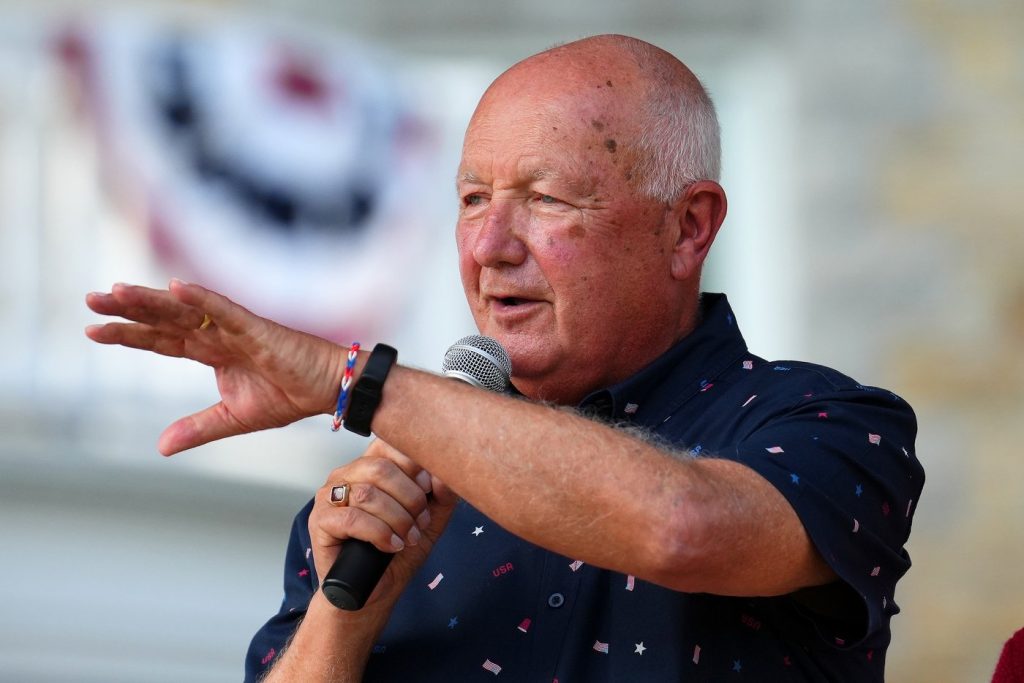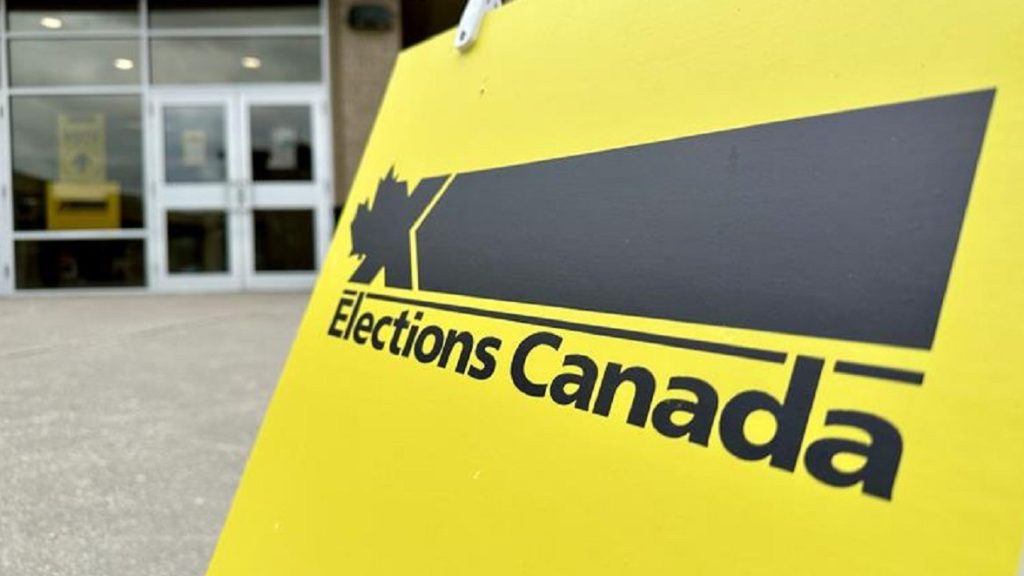U.S. Ambassador to Canada, Pete Hoekstra, suggested that ongoing diplomatic tensions can be attributed to Canadian actions like avoiding travel to the United States and imposing bans on American alcohol. During a conference at the annual Pacific NorthWest Economic Region Foundation summit in Bellevue, Washington, Hoekstra reflected on these issues, stating that they do not foster a positive relationship between Canada and the United States.
Hoekstra's comments were prompted by a question concerning ways to encourage Canadians to travel to the U.S., especially as Vancouver and Seattle gear up to host events for the FIFA World Cup next year. He noted that while he disapproves of Canadians opting to stay home and shunning American products, he understands their choices, saying, "Canadians staying home, that’s their business, you know. I don’t like it, but if that’s what they want to do, it’s fine." He also mentioned the implications of provinces imposing bans on American alcohol, indicating these measures contribute to negative perceptions, as expressed by U.S. President Donald Trump, who referred to Canada as "mean and nasty to deal with."
Premier David Eby of British Columbia responded to Hoekstra's remarks by stating that Canadians' efforts to stand up to Trump are making an impact. He encouraged citizens to continue supporting Canadian products and maintain local vacations, asserting that they will not tolerate attacks on their economy and sovereignty. Eby emphasized, "We won’t take these attacks on our jobs, our economy, and our sovereignty, lying down. We’ll stand strong together."
In recent months, Canadians have increasingly canceled trips across the border, attributed in part to Trump's trade policies, which have seen the introduction of steep tariffs on Canadian goods. Statistics Canada noted alarming declines in travel numbers, including a nearly 32 percent drop in the number of Canadians returning home by car from the U.S. in March compared to the previous year, marking the steepest decline since the onset of the COVID-19 pandemic. The decline in air travel also reflected a 13.5 percent year-over-year drop during the same month.
The United States Embassy later clarified that while Hoekstra expressed concerns over the ban on U.S. alcohol by certain Canadian provinces, he also conveyed optimism regarding future relations between the two nations. According to the embassy, Hoekstra believes that there is significant potential for growth and improvement in bilateral ties. He remarked that there will be "more opportunity to grow this relationship in a much stronger, in a much bigger way than what we have today."
In conclusion, while Hoekstra acknowledges the complexities in the U.S.-Canada relationship exacerbated by policies and consumer behavior, he remains hopeful about the future. His comments highlight the ongoing trade and diplomatic challenges, particularly in light of recent economic decisions made by Canadian provinces in response to U.S. tariffs. The backdrop of such tensions presents an ongoing dynamic as both countries navigate their mutual interests.












